There’s no denying Anthony Hopkins has been getting some of the best roles in his career of late. Now well into his eighties, his latest filmography makes up a strong roster of future classics, from playing Nicholas Winton in One Life, Pope Benedict XVI in The Two Popes and his recent Oscar-winning turn in The Father. Getting the chance to play Sigmund Freud seems par for the course, and meaty enough fare for an actor of his credentials. For the most part, Freud’s Last Session is a reasonably powerful psychiatric drama worth a watch, and yet it often feels like the performance of its leading actor outshines everything else.
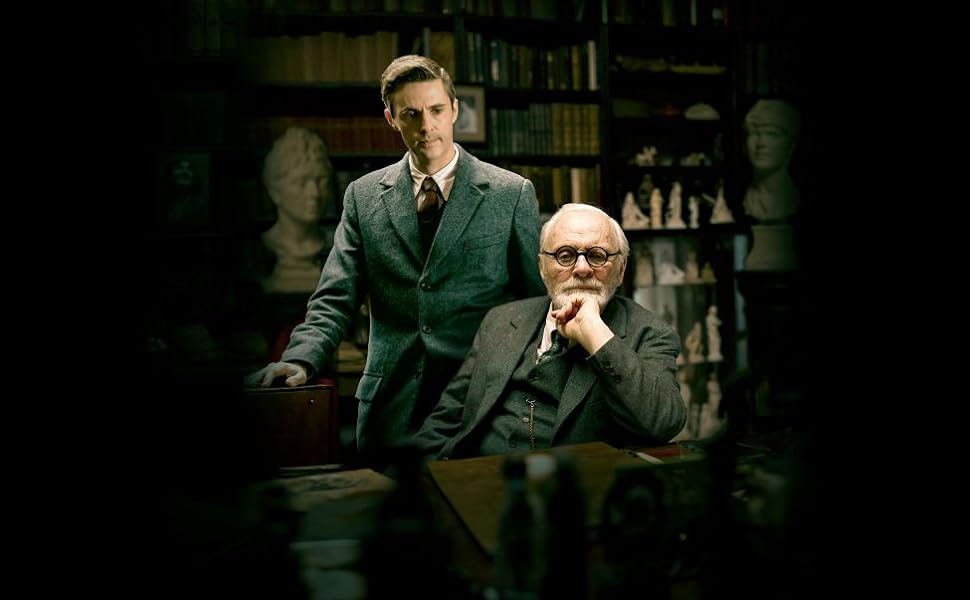
You almost know what to expect when you sit down to view this film. Set at the advent of World War II, Freud’s Last Session recounts the speculative scenario of an ailing Sigmund Freud, edging towards the end of his life from cancer, visited by Oxford don C.S. Lewis (Matthew Goode), pre-Narnia but post- a 1939 novel championing Christianity. Over the course of an evening, the two indulge in heady debate over the existence of God, with Hopkins’ Freud opposing the idea and devout Lewis evidently in support. It’s obvious, given the subject matter, that this would work particularly well as a play – so no surprise in finding out that it was one. Adapted from Mark St. Germain’s 2009 off-Broadway hit play, and with a title reminiscent of Samuel Beckett’s Krapp’s Last Tape, its roots in theatre are firmly entrenched. Unfortunately, like a lot of stage adaptations, it never quite escapes its theatrical origins, and having its characters rattling around a cinema screen in mostly a single setting, pacing the screen in a way that lends itself so much more effortlessly to the stage, it suffers from a claustrophobic atmosphere that doesn’t feel intentional.
The script is delivered impeccably by its two leads. Matthew Goode holds his own against Hopkins’ towering talent, playing the erudite and slightly nervy Lewis. There are some genuinely funny moments and scenes of well-crafted verbal sparring matches between the two. The script feels stifled, however, by a need to justify both Lewis’s devoutness and Freud’s secularism. Both, it implies, stems from past trauma – for Lewis, his experience in World War I gave rise to a newfound piety, for Freud, a series of bereavements led to his disbelief in God. There’s something interesting in questioning why trauma might lead one person down a path of spirituality and another towards secularism, but the film is keen to suggest there must be a reason. Surely Freud’s atheism could be attributed to him being a man of science first and foremost, not because he experienced something awful? Yelling at Lewis in one scene that “There is so much pain in the world! Is that God?” – it feels like the debate has been simplified. What’s more, it’s unusual that so little conflict is drawn from these debates, making some of the argument scenes fall flat. In a world where people argue over the most trivial things imaginable over social media, wouldn’t a debate over the prickliest of subjects – religion – even between two academics, be more impassioned?

However, Freud’s Last Session manages to deal more deftly, and more intriguingly, with Freud’s homophobia. Several scenes treat us to glimpses of his daughter Anna’s (Liv Lisa Fries) burgeoning career, personal life and recounts his inability to accept her lesbianism. Given that homophobia’s roots often stem from religion, it’s fascinating that despite being a staunch atheist – or even antitheist – and being such a leading figure of human psychology, Freud could still hold homophobic views. Some insight is given to why this might be – that he considers Anna’s homosexuality a “failing” of the father – but why would such a great mind consider it a failing at all? A tricky topic that the film deserves credit for handling.
Despite some shaky execution around its core messaging, this is an engrossing, engaging storyline with two supremely cast actors at the helm. As the film’s close draws near, we’re dangled dexterously at the cusp of various things: the end of Freud’s life, the start of a turbulent war, the prologue to Narnia – the germ of an idea suggested in several Lewis scenes. It’s revealed at the end that the film’s scenario may never have happened – yet here’s hoping that it really did.


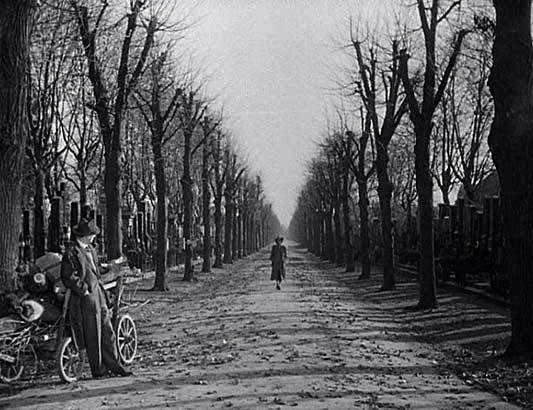
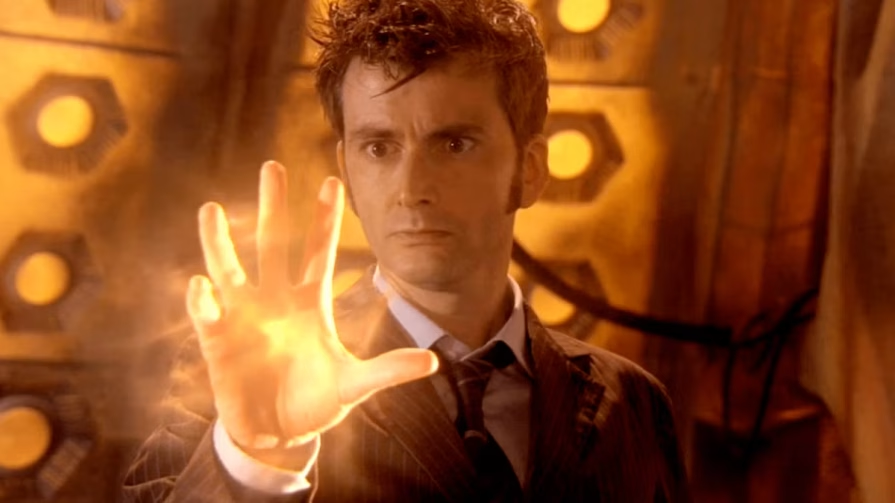

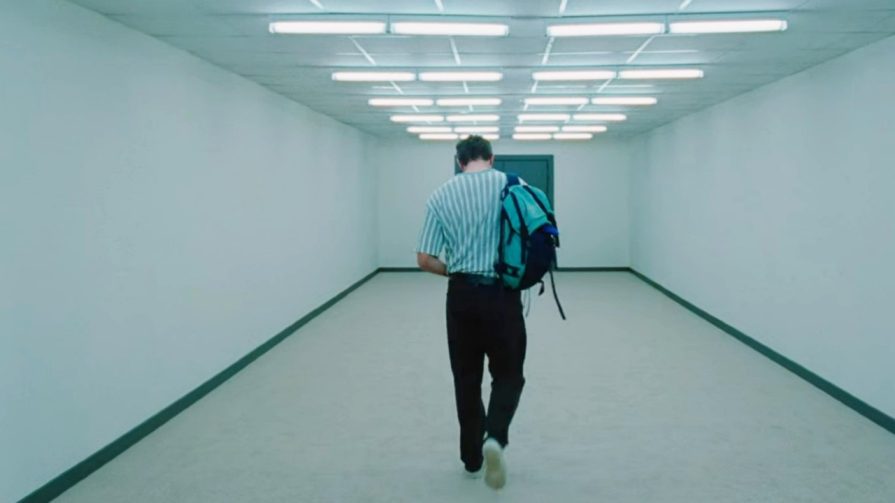
![Unquiet Guests review – Edited by Dan Coxon [Dead Ink Books]](https://criticalpopcorn.com/wp-content/uploads/2025/10/ug-reddit-ad-e1761690427755.jpg?w=895)
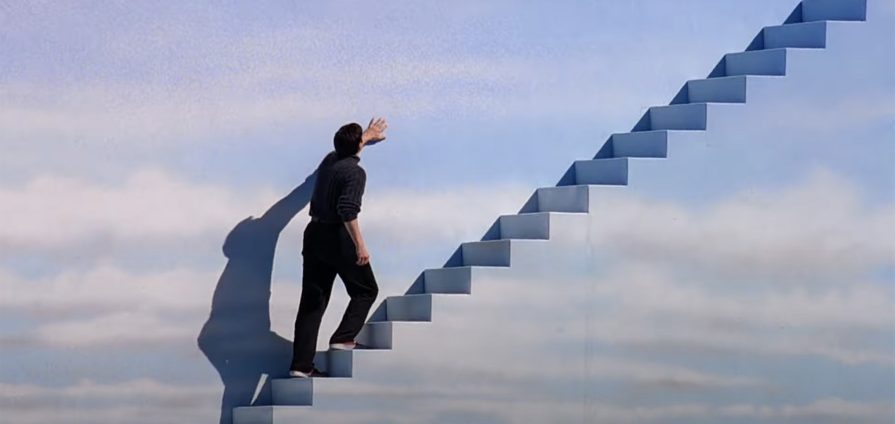
![Martyrs 4K UHD review: Dir. Pascal Laugier [Masters Of Cinema]](https://criticalpopcorn.com/wp-content/uploads/2025/10/image-1-e1761586395456.png?w=895)




![Why I Love… Steve Martin’s Roxanne [1987]](https://criticalpopcorn.com/wp-content/uploads/2016/11/roxanne.jpg?w=460)

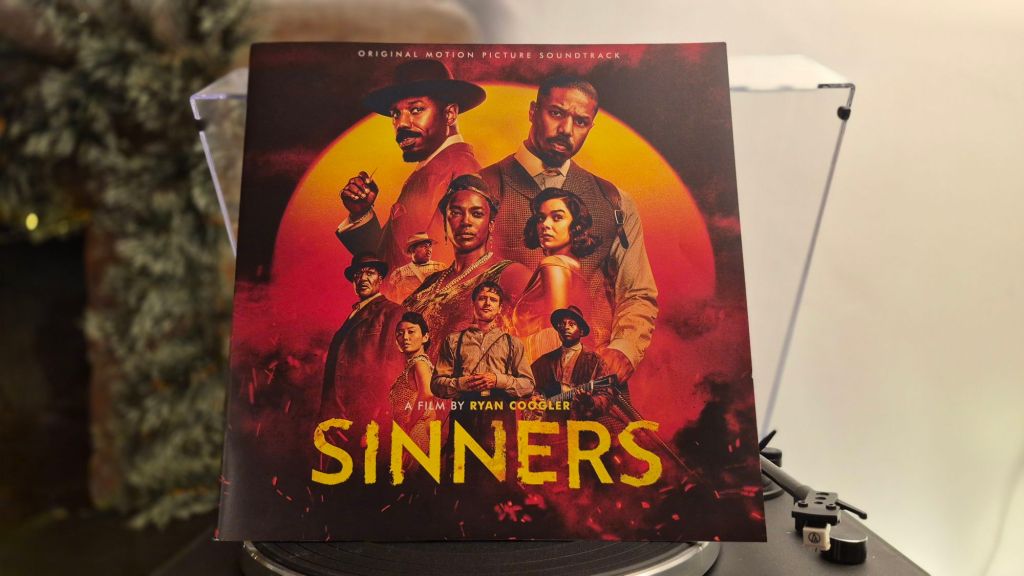

Post your thoughts